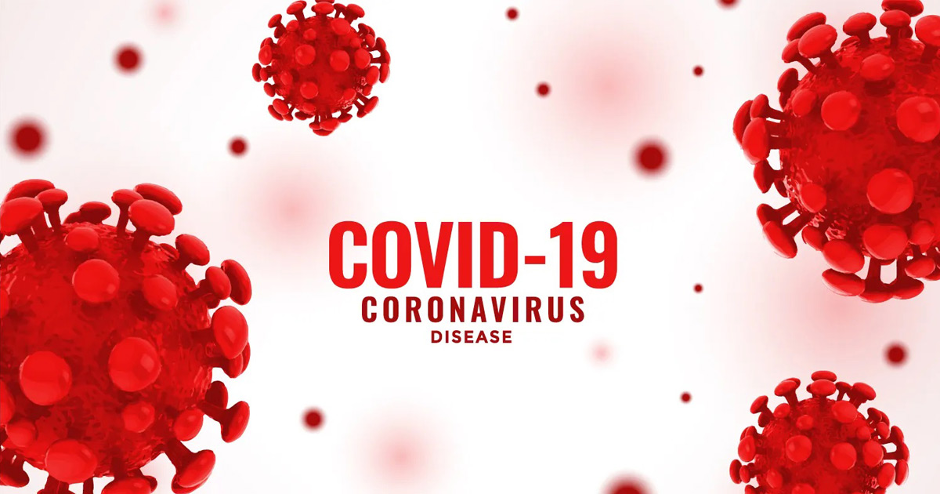COVID-19 and Cellular Therapy and Stem Cells

COVID-19 and Cellular Therapy and Stem Cells: Investigating Therapeutic Applications
During the COVID-19 pandemic, Cellular Therapy and Stem Cells emerged as potential treatments for the virus, particularly for addressing lung damage and severe immune responses. While vaccination remains the best protection, cellular therapies may offer an additional treatment approach1.
Types of Cellular Therapies Used
- Mesenchymal Stromal/Stem Cells (MSCs): The most common cell type used in Research and Clinical Trials for COVID-19, accounting for 72% of studies1. MSCs can reduce inflammation and promote tissue repair6.
- Natural Killer (NK) Cells: Constitute 9% of the studies1.
- Mononuclear Cells (MNCs): Represent 6% of the studies1.
Research and Clinical Trial Activity
- From January 2020 to December 2021, 195 advanced cell therapy clinical trials targeting COVID-19 were registered worldwide, with the highest number in the United States, China, and Iran1.
- A review of 24 published clinical trials using intravenous infusions of MSCs showed improved survival rates1.
Potential Benefits
- Improved Survival: MSC infusions have been associated with improved survival in COVID-19 patients1.
- Safety: Long-term studies (over 3 years) support the safety of MSC therapy in patients with severe COVID-192.
- Addressing Lung Damage: Early clinical trials suggest that MSCs can potentially stop the virus, calm the immune response, and repair tissue damage6.
Limitations and Challenges
- Limited Published Outcomes: Historically, only about 20% of advanced cell therapy clinical trials get published1.
- Recruitment Difficulties: Some trials have been suspended due to the inability to recruit enough patients1.
- Variable Healthcare Policies: National and local healthcare policies can influence the ability to launch trials and recruit patients1.
Vaccination and Cellular Therapies
- Data supports mRNA SARS-CoV-2 vaccination prior to, and reinitiation 3 to 4 months after, cellular therapies with allogeneic hematopoietic cell transplantation, autologous hematopoietic cell transplantation, and CAR-T cell therapy5.
- Preventing pathology through vaccination remains the best protection against COVID-191.
Conclusion
Cellular Therapy and Stem Cells, particularly MSCs, hold promise as a treatment for COVID-19, especially in managing severe cases and lung damage. While early results are encouraging, more extensive, multi-center trials are needed to validate their efficacy and optimize treatment protocols.
Consult with Our Team of Experts Now!
At DrStemCellsThailand (DRSCT)‘s Anti-Aging and Regenerative Medicine Center of Thailand, we emphasize comprehensive evaluations and personalized treatment plans for managing complex conditions like COVID-19. Consult our experts today to explore cutting-edge treatment options.
Consult with Our Team of Experts Now!
References:
“Improved outcome of COVID-19 over time in patients “: Discusses the impact of the COVID-19 pandemic on CAR T-cell therapy. DOI: https://doi.org/10.1038/s41375-024-02336-1















